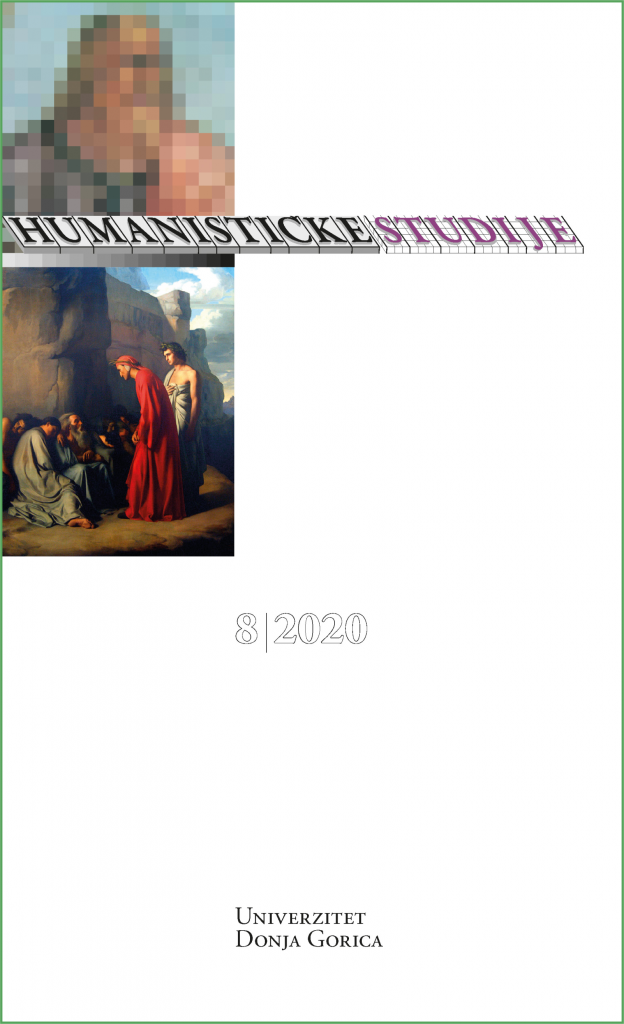The Role of Ethnic Interest Groups in U. S. Foreign Policy
The Role of Ethnic Interest Groups in U. S. Foreign Policy
Author(s): Mykhaylo KomarnytskyySubject(s): Law, Constitution, Jurisprudence, Cultural Anthropology / Ethnology
Published by: Univerzitet Donja Gorica
Keywords: United States; lobbying; foreign policy; interest groups; decision-making process
Summary/Abstract: Within most of modern states political lobbying has become an integral part of the complex decision-making mechanism, covering a wide range of societal issues. The emergence and institutionalization of lobby groups have become a form of adaptation of the management system to the increasing complexity and social and cultural differentiation of modern societies, providing channels for the realization of group interests and mass participation in political processes, including foreign policy of the states. Ethnic lobbies in the United States are considered a unique contemporary phenomenon that has been reflected in scientific discourse since the beginning of the 21st century and stands out among the minorities inhabiting the multicultural space of the American state. Ethnic lobbying reflects the most unexpected, contradictory, and diverse methods of political activity and cooperation, reflecting the close interaction between the U. S. government and ethnic groups, the complexity of sociopolitical trends that dominate Western societies, and the particular type of influence on government officials and their foreign policy. The need to generalize and conceptualize ethnic lobbying, highlight its components and resources on the example of US ethnic groups and their influence of US foreign policy as an effective model of relations between ethnic groups and the state, which can be partially used by other societies, determined the importance and relevance of the article.
Journal: Humanističke studije
- Issue Year: 2020
- Issue No: 8
- Page Range: 93-106
- Page Count: 14
- Language: English

